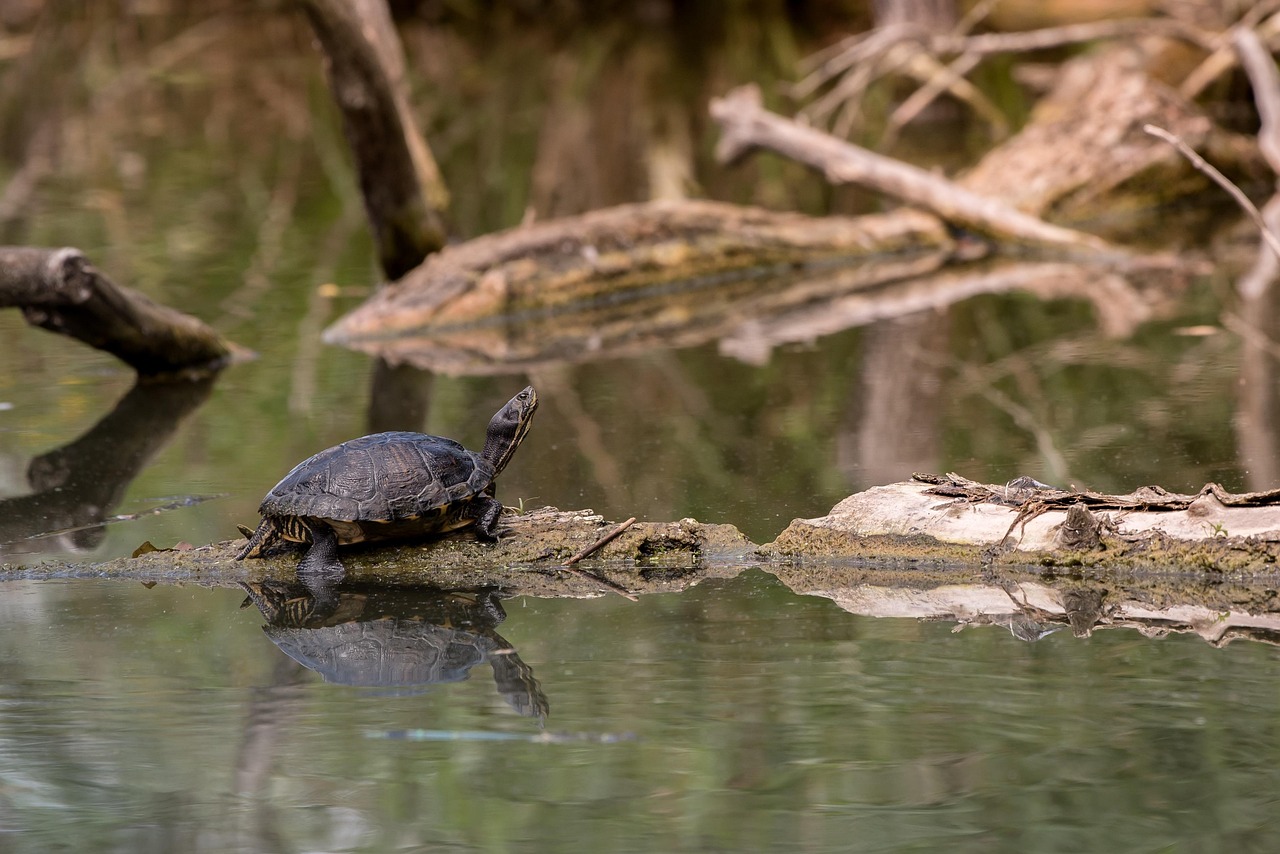
Blog

- Climate Change And Solutions, Environment Conservation
The Critical Role of Water Conservation in Today’s Modern World
- By eco bird
Water conservation has emerged as a vital concern for individuals, communities, and governments in today’s rapidly changing environment.
As the global population continues to grow, the demand for freshwater resources is escalating at an alarming rate. According to the United Nations, nearly 2 billion people live in countries experiencing high water stress, making the efficient management of this precious resource more critical than ever. Water is an essential element for life. It sustains agriculture, industry, and human existence. However, the way we use and manage water is often unsustainable.
Climate change, pollution, and unsustainable agricultural practices are depleting freshwater sources and compromising the quality of water available for use. This makes water conservation not just an environmental issue but also a public health, economic, and social imperative. One of the primary reasons water conservation is crucial is the growing scarcity of freshwater resources.
The World Economic Forum has indicated that water crises are among the top global risks we face. As populations expand, urbanization increases, and climate patterns shift, the pressure on available water resources intensifies.
Limited water sources can lead to increased competition for these resources, heightened geopolitical tensions, and challenges for food security. Conserving water helps mitigate these risks, ensuring that we have enough quality water for future generations.
Moreover, water conservation plays a significant role in fostering sustainable development. Efficient water management can enhance agricultural productivity, especially in arid and semi-arid regions. Implementing water-saving technologies and practices in farming can lead to higher yields and better food security, promoting a more sustainable economic future.
Additionally, industries that adopt water-efficient processes not only reduce their environmental impact but often realize cost savings, creating a win-win situation. On a personal level, each individual has the power to contribute to water conservation efforts. Simple actions such as fixing leaks, using water-efficient fixtures, and being mindful of water usage can collectively lead to substantial benefits. For instance, turning off the tap while brushing your teeth can save gallons of water daily.
Collecting rainwater for gardening or using mulch to retain moisture in the soil are also effective strategies individuals can implement daily. Education and awareness are fundamental to enhancing water conservation efforts. Communities can organize workshops, campaigns, or school programs to highlight the importance of water conservation and educate individuals on how to be responsible water users.
Such initiatives foster a sense of collective responsibility toward preserving this vital resource. Governments must also play their part by implementing policies that promote water efficiency, protect water sources, and incentivize conservation practices among businesses and households.
As we navigate through the complexities of the modern world, the critical role of water conservation cannot be overstated. It is a shared responsibility that requires collaborative efforts from individuals, communities, businesses, and governments. By making conscious choices and adopting sustainable practices, we can ensure that clean and accessible water remains available for all. As stewards of the planet, we must prioritize water conservation to secure not just our own future but the future of generations to come.
This commitment to conservation is fundamental in safeguarding one of our most vital natural resources, bringing us closer to a sustainable and equitable world.
Related Posts


What Makes You Unique?
This Headline Grabs Visitors’ Attention
A short description introducing your business and the services to visitors.







